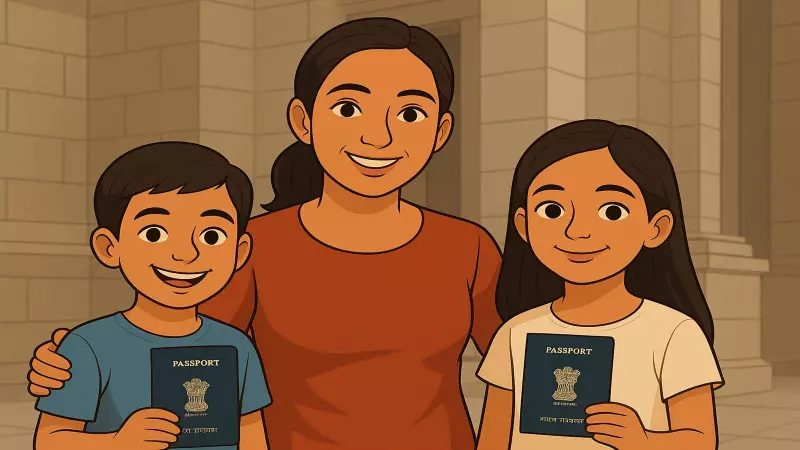
In a powerful verdict that champions the rights of single mothers, the Gujarat High Court has delivered a landmark judgment that eliminates a significant bureaucratic obstacle faced by countless women across India. The court has ruled that single mothers can now renew their children's passports without requiring consent from estranged or absent fathers.
A Victory Against Administrative Hurdles
The groundbreaking decision came in response to a petition filed by a divorced mother who had been struggling to renew her child's passport. Like many women in similar situations, she found herself trapped in a bureaucratic maze that demanded the biological father's consent—even when he was completely absent from the child's life.
The court recognized the immense practical difficulties and emotional distress caused by this requirement, particularly in cases where fathers had abandoned their families or were unwilling to cooperate.
Judicial Recognition of Ground Realities
Justice Sandeep Bhatt, delivering the judgment, emphasized that the court must consider the practical realities faced by single mothers rather than adhering to rigid procedural requirements. The ruling acknowledges that insisting on an estranged father's consent often creates insurmountable barriers for women who are solely responsible for their children's upbringing.
This judgment represents a significant shift in how the judicial system addresses the unique challenges faced by single-parent households, particularly those headed by women.
Broader Implications for Women's Rights
The Gujarat HC ruling sets an important precedent that could influence similar cases across India. It addresses a critical gap in administrative procedures that has long disadvantaged single mothers seeking essential documents for their children.
The decision also reflects the judiciary's growing sensitivity to evolving family structures and the need for legal frameworks that accommodate diverse personal circumstances.
What This Means for Single Mothers
- Simplified passport renewal process for children
- Reduced dependency on uncooperative former partners
- Greater autonomy in managing children's documentation
- Legal recognition of their sole parental authority
This ruling not only resolves a specific administrative issue but also reinforces the dignity and autonomy of single mothers navigating India's legal and bureaucratic systems.





